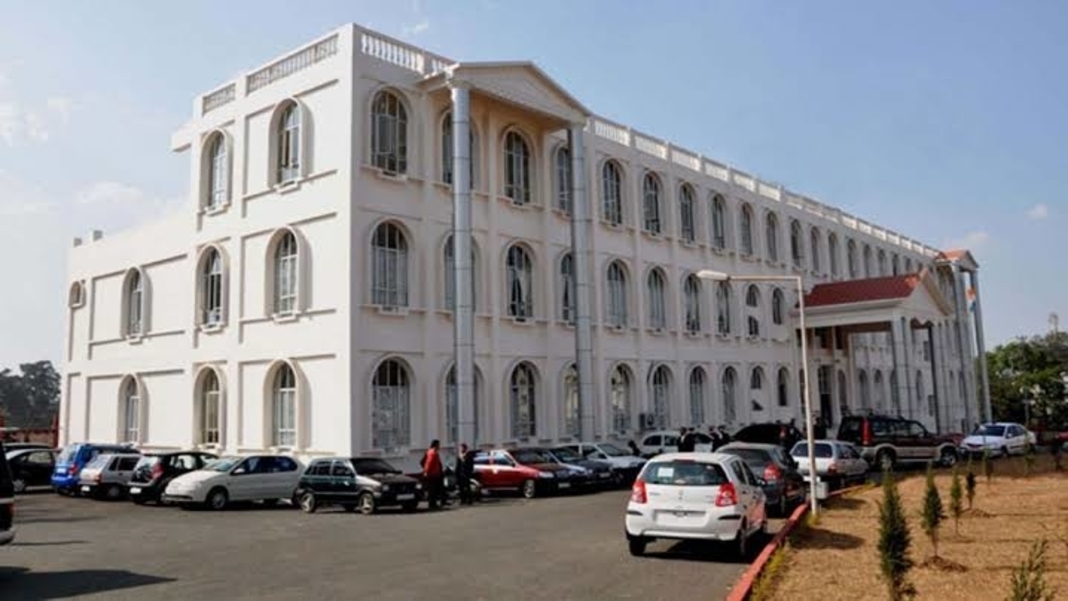Shillong, June 9: Concerned over the absence of a dedicated cancer hospital in the state, the Meghalaya High Court on Thursday asserted the need for a ‘revolutionary improvement’ in the health-care system of the state.
Hearing a PIL on the matter, the two-member bench comprising Chief Justice Sanjib Banerjee and Justice W Diengdoh observed that there is no doubt that a lot more needs to be done to improve the health-care facilities in the state and it is just not acceptable that after 75 years of independence the facilities would be ‘as primitive as they are now’.
The bench further noted that there is no doubt that funds are essential, but the lack of funds cannot be an excuse to perpetuate the lack of rudimentary medical facilities.
Referring to studies which revealed that the incidence of cancer, particularly oral cancer in the state, may be the highest in the country, the court however said: “Yet, there is no dedicated cancer hospital in the state. Though a cancer unit has been set up at the Civil Hospital in Shillong but it still does not have adequate equipment.”
When SP Mahanta appearing in person pointed out that there are no facilities for conducting biopsy in the State, the state however informed that two units have been set up recently in Tura and in Shillong which are capable of cancer diagnosis.
The state also referred to a project funded by the World Bank in association with the Ministry of External Affairs that could see a sum of Rs 371 crore invested in the state over a period of five years to augment the health-care system.
However, the state acknowledged that a lot more needs to be done to improve the health-care system.
Further, the court said that though the state has prepared a kind of a roadmap to indicate how improvements would be made, lessons could be taken from some of the neighbouring states where multiple cancer treatment facilities are inaugurated on the same day to deal with the growing problem.
It said at present the situation is such that the affluent of the residents in Meghalaya seek medical assistance elsewhere and the rest may not have meaningful access to adequate facilities.
“There has to be an almost revolutionary improvement in the facilities to bring it at par with what is generally available in the rest of the country. Funds have to be found and extraordinary attempts have to be made for such purpose,” the court said.
It also added that in addition to better facilities being created, awareness drives need to be undertaken, particularly in the rural areas so that certain common bad practices are eradicated in due course.





